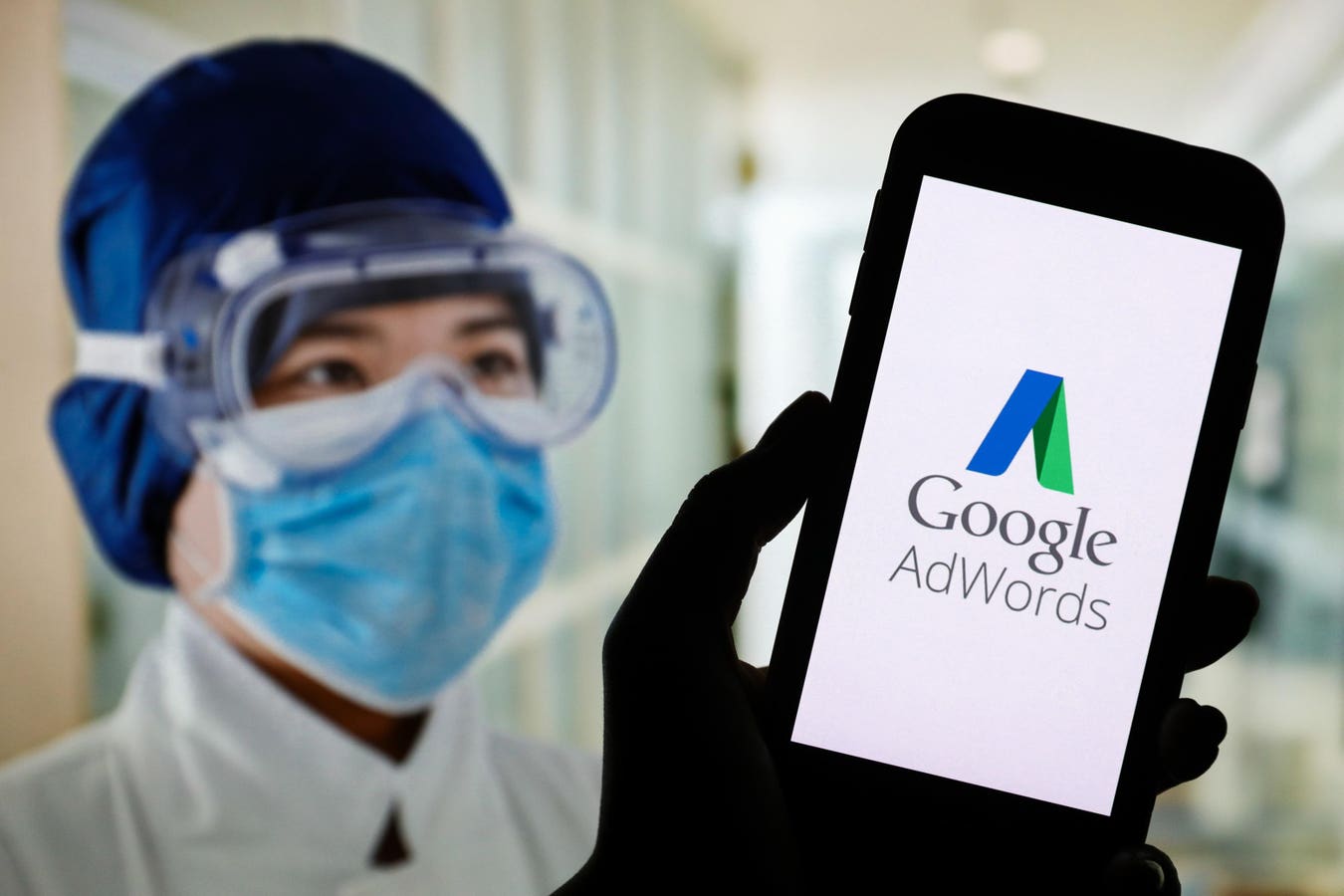The Seventh Wave: How AI Will Change The Technology Industry
My professional career has spanned six major tech changes: minicomputer, PC, internet, social, mobile, and cloud. Each of these revolutions brought a wave of new providers and destroyed swaths of legacy companies. Now comes the Seventh Wave of major tech change, driven by AI in its modern forms — generative and agentic.
In the ’80s and ’90s, when faced with a new wave, the legacy tech companies would freeze in the headlights or double down on their suddenly obsolete business models. This allowed new players to gain traction and redefine industries. So the mainframe players largely crumbled in the face of minicomputers, and the minicomputer industry was decimated by the PC. Executives back then were not learning-mindset thinkers, and they defaulted to stonewalling and then responding, but too late. Yes, Wang Laboratories and Digital Equipment did build PCs, but the new market had already been formed. Schumpeterian creative destruction held court.
Then came Clay Christensen and “The Innovator’s Dilemma” — a book that succinctly stated how legacy companies get stuck in their old expensive business model and are bypassed by cheap newcomers. The incumbents protect the fort until the fort is worthless (cliche cf. Kodak).
The new tech guard read Christensen’s book. Starting around the turn of the millennium, they began to deploy four legacy defensive strategies when faced with a paradigm change: 1) Buy the interlopers (cf. Instagram, WhatsApp); 2) Block the new wave with regulation, pricing, packaging, consortia, and partnerships (cf. Partnership on AI); 3) Pretend that you are part of the new era (cf. Agentforce); and 4) Link existing dominant products with new offerings to keep challengers at bay (cf. embedding Copilot in Office). These strategies are not always successful, but they are far more effective than the old “Deny and die” stance of the previous generation of executives.
Will these strategies work for the legacy tech companies as the AI revolution intensifies? Here’s my take on what lies ahead.
The Enterprise Software Business
Before AI ever showed up, this tech sector had three problems:
- Post-Covid there have been drastic price increases, irritating buyers and stretching user budgets. The VMware/Broadcom mess is the poster boy of this dynamic.
- The beauty of the software business for investors (once buyers are in, they can’t get out) is ugly for users. They feel trapped and exploited — it’s not a square deal.
- For CEOs who seek agility and adaptability in their businesses, enterprise software is often seen as an inhibitor of change and an ossifier of outmoded business process. Inflexible systems of record have made it difficult for companies to build systems of engagement for increasingly more demanding customers.
Against this sour backdrop comes AI, which offers three threats to the software industry:
- Cheap code. TuringBots, using generative AI to create software, threatens the low-code, no-code players.
- Cheap replacement. Software systems, be they CRM or ERP, are structured databases — repositories for client records or financial records. Generative AI, coupled with agentic AI, holds out the promise of a new way to manage this data, opening the door to an enterprising generation of tech companies that will offer AI CRM, AI financials, AI database, AI logistics, etc. These systems offer the promise of being much more adaptable, learning focused, easy to deploy, and lower cost to deploy.
- Better functionality. AI-native systems will continually learn and flex and adapt without millions of dollars of consulting and customization. They hold the promise of being up-to-date and always ready to take on new business problems and challenges without rebuilds. When the business and process changes, the tech will learn and change.
Will buyers listen to these pitches? CEOs and business leaders certainly will — they are desperate for more agility. But development staffs and CIOs who have staked their careers and skill sets on legacy systems will resist. Business is ready to move on; technology teams will drag their feet.
So the enterprise software business won’t change quickly, especially as the incumbents deploy their typical arsenal of weapons to defend their positions — Buy, Block, Pretend, and Link. But the promise of AI computing is going to make this old vs. new battle very hard fought.
The Impact On Other Tech Sectors
While software will be most changed by AI, there will be impact across the breadth of the industry.
AI needs cycles, so the hardware segment will get a very big boost from this wave. Yes, there will be a transition away from CPUs to GPUs, and the NVIDIA stranglehold will take another 12 to 15 months to break, but systems from cloud to laptops will be vastly stimulated by this change. Expect this business to grow in the 8%-10% range per year over the next five years.
Technology services, which has been under massive pressure since 2023 due to over-expansion in the 2021–22 timeframe, will experience whiplash from AI. On one hand, the legacy software systems that PwC, Deloitte, and others have implemented for decades and that comprise much of their expertise, will be challenged in the short term and shrink in the long term. Simultaneously, there will be massive demand for expertise in AI. Cognizant, Capgemini, and others will be called on to help companies implement AI computing systems and migrate away from legacy vendors. Forrester believes that the tech services sector will grow by 3.6% in 2025 — I believe that rate could increase to 5% to 6% per year from 2026 to 2030 — driven by AI.
Forrester has telecommunication and communications equipment growing 1.5% and 0.8% globally in 2025. These growth rates could be doubled in the upcoming years by the movement of prompts and answers between users and AI data centers. Yes, there will be good distilled systems sitting on laptops and in edge computing, but at least 70% of AI computing will run off private and public clouds. The Seventh Wave will require and will stimulate communications and network investments and infrastructure.
The Cool Kids
How will AI impact the big five consumer tech companies?
Alphabet/Google. Indexed search is dying, and Google is struggling to reformulate its advertising business to operate in the Seventh Wave. Advertising is like Keith Richards and cockroaches — it will never go away — it evolves and persists. So yes, the surveillance business model will be recreated in the AI world and Google will pull out all stops to retain a portion of its hegemony in that space. Look for Alphabet to deploy the Buy and Link defensive strategies — vacuuming up promising AI advertising startups and offering discounting and packaging deals to extant search customers that want to experiment with the Google AI advertising platform. Three advantages that the company will attempt to leverage are its cloud position, extensive training data, and its deep expertise in generative (remember that Google invented the transformers that make this technology possible).
Meta/Facebook. The images and data that users dump into Facebook on a daily basis give Meta a big training advantage. And Meta AI, because it is embedded in Facebook (and other properties), has over 1 billion users — more than any other LLM. But the company’s platform will be challenged by newcomers introducing AI social solutions that will steal users and reformulate the rules of social media — bringing higher trust, faster learning, escape from the Facebook algorithm, better summarizing of daily and weekly content, and better automated moderation. Expect Meta to use all four defensive strategies to defend its citadel — with an emphasis on linking its existing advertising offerings to prevent advertisers from migrating to new AI platforms. The “Move fast and break things” culture at Meta will engender a particularly chaotic and at times desperate posture as it subordinates customer interests in favor of gaining strategic high ground in the new era.
Amazon. As the Seventh Wave e-commerce world emerges, Amazon will use its hyperdominant retail and cloud position to attempt to aggressively box out challengers. AI commerce will bypass the Web in favor of direct-to-consumer apps and hyperpersonalization, but expect Amazon to attempt to obsolete itself and lead that revolution. Look for the company to deploy the Buy, Block, and Link strategies in the face of challengers and, most importantly, to use its dominance in cloud to finance innovative forays into new AI ground.
Microsoft. Coupling its strong positions in cloud and software, Microsoft will do well in the new world, with the threat of “Microsoft fatigue” the only real factor that could impede its Seventh Wave prospects. The company has already deployed its Buy and Block strategy, taking a large position in OpenAI (Buy) and engaging in partnerships (Block) to freeze out newcomers. Microsoft’s leadership is as fanatical as Meta’s in its determination to not fall into the Innovator’s Dilemma. So watch for seemingly irrational behavior and erratic tactical moves, as leadership is unafraid to confuse customers and take outsized capital risks.
Apple. An AI phone? Apple is clearly the biggest AI laggard of the cool tech kids. Complex software is not the company’s forte, so it is vulnerable, as has been evident in its AI fumbling (cf. Apple Photos). Tim Cook is going to have to use the company’s massive cash hoard to buy its way into AI as its internal efforts fail to generate adequate innovation. I would watch this space for a very large deal to acquire one of the independent LLM companies such as Mistral or Anthropic.
Conclusion
Tech CEOs, from Satya Nadella to Marc Benioff to Sundar Pichai, are scrambling. Their products and services are about to be challenged by a new way to do work, and they are determined to not be swept away (or be made zombies) in the Seventh Wave.
It will be a good time for the incumbents to deploy the Buy, Block, Pretend, and Link strategies, as the current administration in Washington will likely loosen antitrust oversight. But given the first six months of this administration, there may be more unpredictability than expected on that front.
Another factor that could help the legacy players is the state of the private equity and venture markets. They are currently holding many illiquid assets (companies) from the pre-AI period — they will have to sell these depreciated assets before they can raise new capital to invest in the Seventh Wave challengers. Confusion in capital markets will work in favor of the incumbents, as will their very large cash reserves.
What are the best strategies for CIOs? 1) Beware legacy vendors bearing AI gifts — they are faking it until they can make it, pretending that their platforms can transition to the Seventh Wave; 2) Increase your artificial intelligence quotient (go here if you are a client, precis if not) so that you and your team can sort the reality from the fantasy that will be assaulting you from your legacy suppliers and from startups; 3) If you can afford to delay, you may want to put off big software changes until AI finance, AI CRM, and AI ERP offerings become available from AI-native vendors. That won’t happen until late 2026 and 2027.
This post was written by Forrester CEO George Colony and it originally appeared here.








